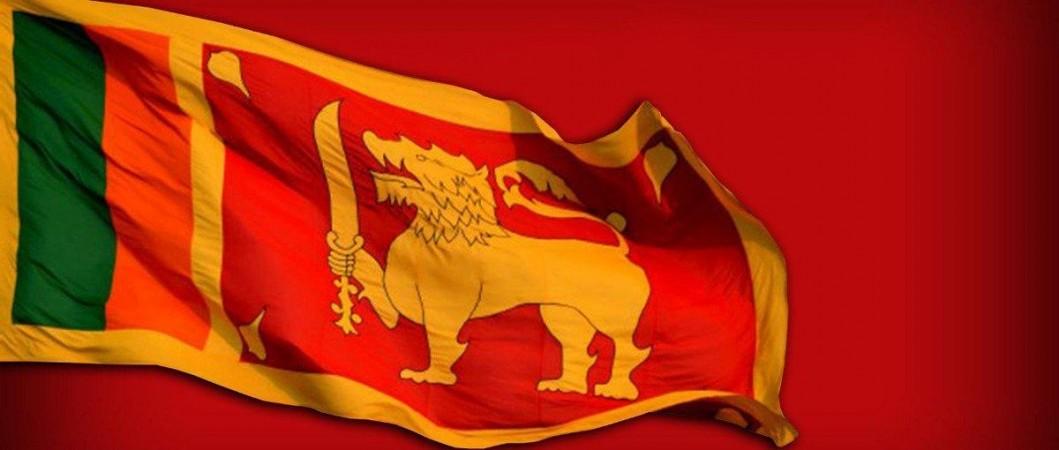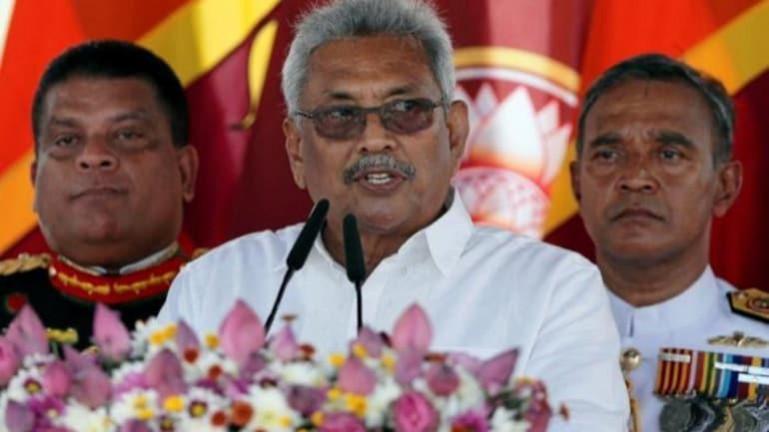The Sri Lankan government declared an economic emergency last week amidst rising inflation, depreciating currency, and rapidly depleting food prices. The Island nation was already struggling due to COVID-19 badly hitting the tourism sector, which amounts to 10% of the country's Gross Domestic Product. On the last day of August, the Sri Lankan government declared that it was enforcing rules against food hoarding, allowing officials to take inventories and determine how much they should be sold for.
The government responded to rising inflation and depleting foreign exchange reserves, which made imports more expensive. President Gotabaya Rajapaksa of Sri Lanka announced a state of emergency under the public security ordinance in order to ensure the supply of staple products such as sugar and rice.

What led to the Crisis?
The Covid-19 pandemic has wreaked havoc on economies all across the world, and Sri Lanka is no exception. Sri Lanka's economy, which is mainly reliant on tourism and tea exports, contracted by a record 3.6 percent in 2020, as rising foreign exchange rates reduced the country's ability to pay for imports. The nation's foreign exchange reserves fell to $2.8 billion at the end of July this year, which is down from $7.5 billion in November 2019. The Sri Lankan rupee has lost more than 20% of its value versus the US dollar over this time.

Moreover, the government's restriction on chemical fertilizers in agriculture has exacerbated the issue by reducing agricultural output. Rajapaksa announced earlier this year that Sri Lanka would be the first country in the world to have a 100 percent organic agriculture sector. Many others, including Sri Lankan tea specialist Herman Gunaratne, think that forcing organic cultivation could halve tea and other crop productivity, resulting in an even bigger food crisis than the current one. Furthermore, the Sri Lankan central bank's decision to prohibit forward contracts and spot trading of rupees at more than 200 rupees to the US dollar may have an impact on crucial supplies.

















